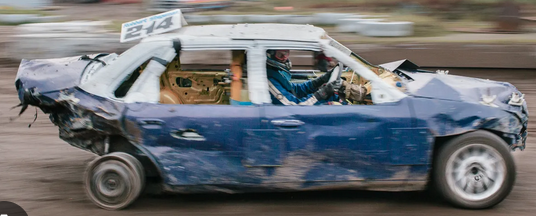JimmyA programme on BBC2 on Tuesday was most enlightening but concluded that we need more nuclear power to avoid CO2 emissions that cause climate change in the future, but did not see any solution to the waste problem.
Is the requirement for such low Sievert levels really necessary.?? Japan I believe were allowed to empty slightly radiated water into the sea with no problem?
Are we over specifying and wasting tax payers money for no benefit at all?
